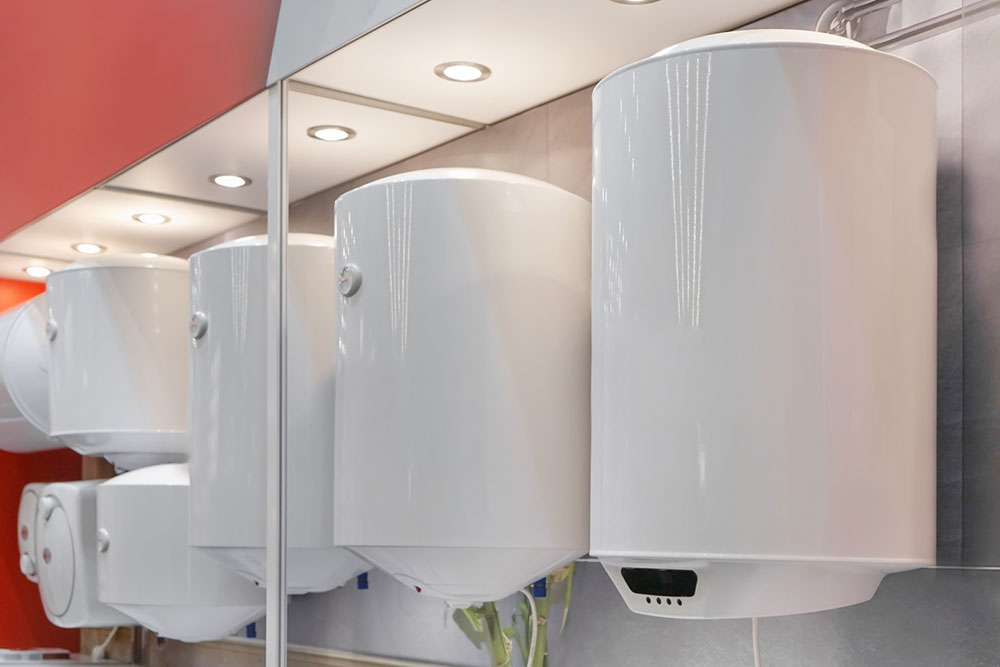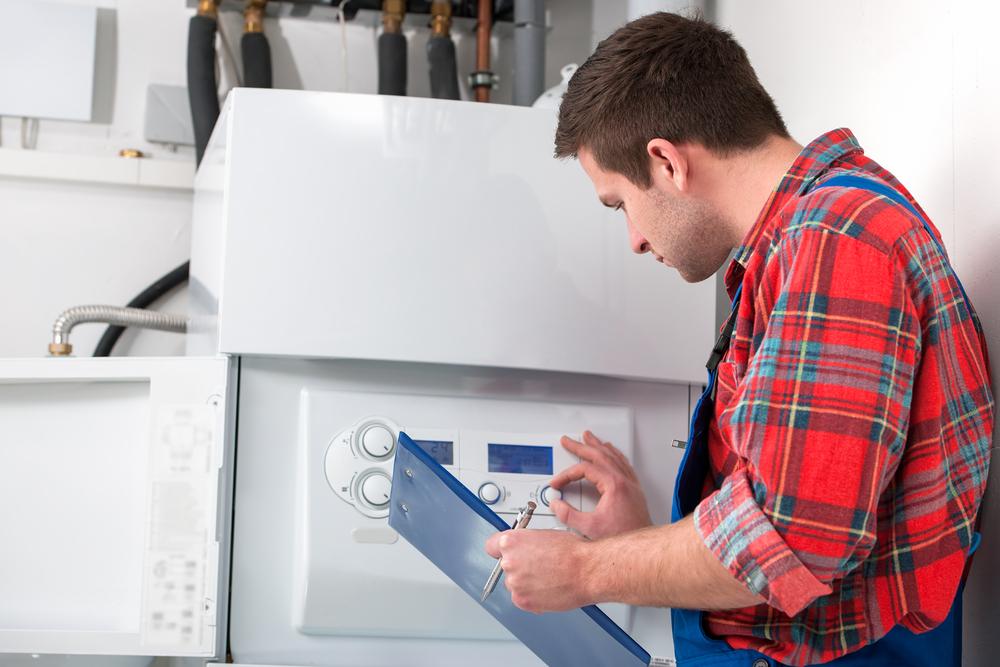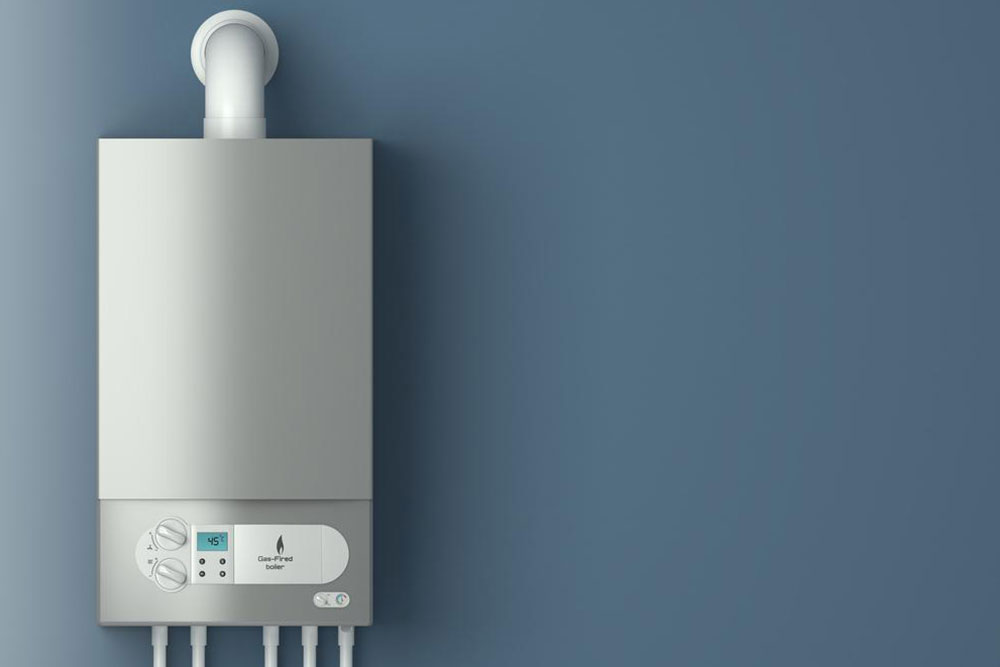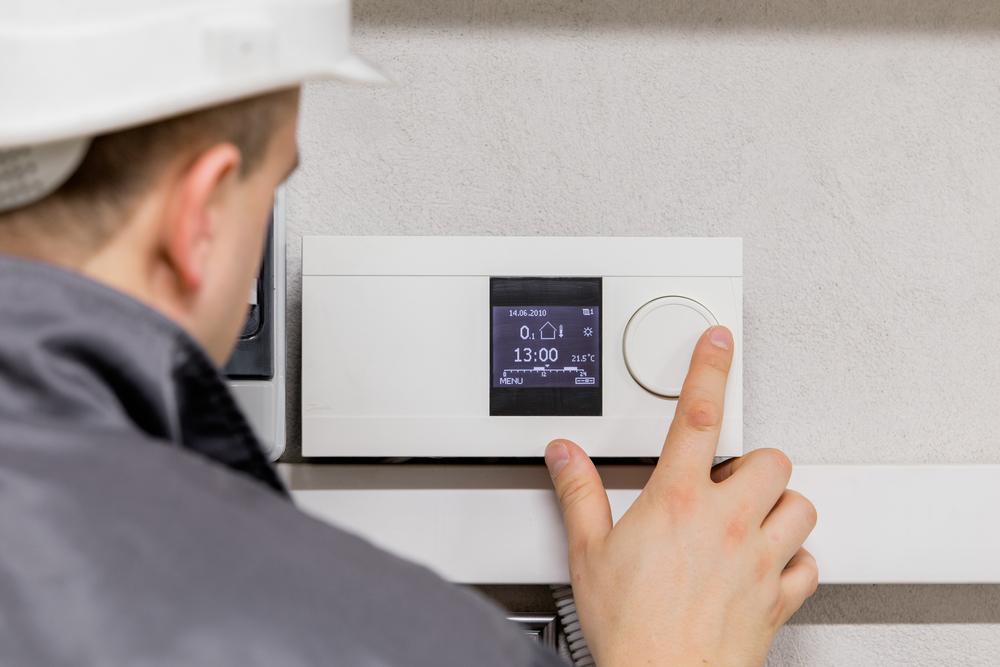Your Complete Home Boiler Selection Handbook
This comprehensive guide helps homeowners choose the ideal boiler by exploring various types, fuel options, and costs. It emphasizes understanding boiler features to ensure efficient and reliable home heating. The article offers practical advice on selecting the right system tailored to individual needs, promoting energy savings, comfort, and environmental consciousness.

How to Choose thePerfect Boiler for Your House
What exactly is a boiler?
A boiler is a home heating appliance that heats water stored in a tank, similar to a traditional water heater. The hot water then circulates via pipes to radiators, delivering consistent warmth indoors.
Boilers operate using various fuel types, such as natural gas, propane, oil, or electricity. Compatibility with radiators, which are designed for hot water or steam, should be verified, ensuring proper functioning.
Different boiler types
Knowing the features of each boiler design aids in selecting the right model for your home.
Combi (Combination) Boilers
These space-saving models provide both heating and hot water on demand without requiring a separate tank. They are energy-efficient and perfect for smaller homes. Their flow rate may be limited, and water pressure can drop if multiple fixtures are used simultaneously, making them best for modest hot water needs.
System Boilers
Requiring a hot water cylinder, these boilers are easy to install and can supply multiple outlets without pressure drops. They are more efficient than older models due to reduced heat loss from the tank but need extra space for the cylinder.
Traditional (Conventional) Boilers
Larger units that need both a cold-water tank and a hot water cylinder. Ideal for larger households with extensive radiator systems, they offer high hot water capacity but reheat slower. Hot water may run out if demand exceeds capacity, suitable for homes with steady hot water requirements.
Fuel options for boilers
The fuel type influences operating costs, installation, efficiency, and ecological impact. Common fuels include:
Gas Boilers
Popular for their efficiency and affordability, these boilers connect to gas mains. Modern condensing models enhance performance, but regular safety checks are essential to prevent leaks.
Oil Boilers
Suitable where gas lines are unavailable, oil boilers run on stored oil tanks. They tend to be efficient and reliable, with costs influenced by fluctuating oil prices, especially in regions with less accessible gas.
Electric Boilers
Powered by electricity, these units are ideal for areas lacking gas or oil infrastructure. Compact and straightforward to install, perfect for small or space-constrained homes.
Pricing Insights
The cost of a boiler depends on size, type, and installation complexity, typically ranging from $4,000 to over $15,000. Though costly initially, a quality boiler can last 15-20 years, making it a wise long-term investment. Replacement expenses generally fall between $1,200 and $16,000.
Note: Our overview offers key insights based on research and data, but details may vary. Readers are advised to verify specific information independently. The website disclaims responsibility for discrepancies or unlisted offers that may benefit users beyond what is presented here.


